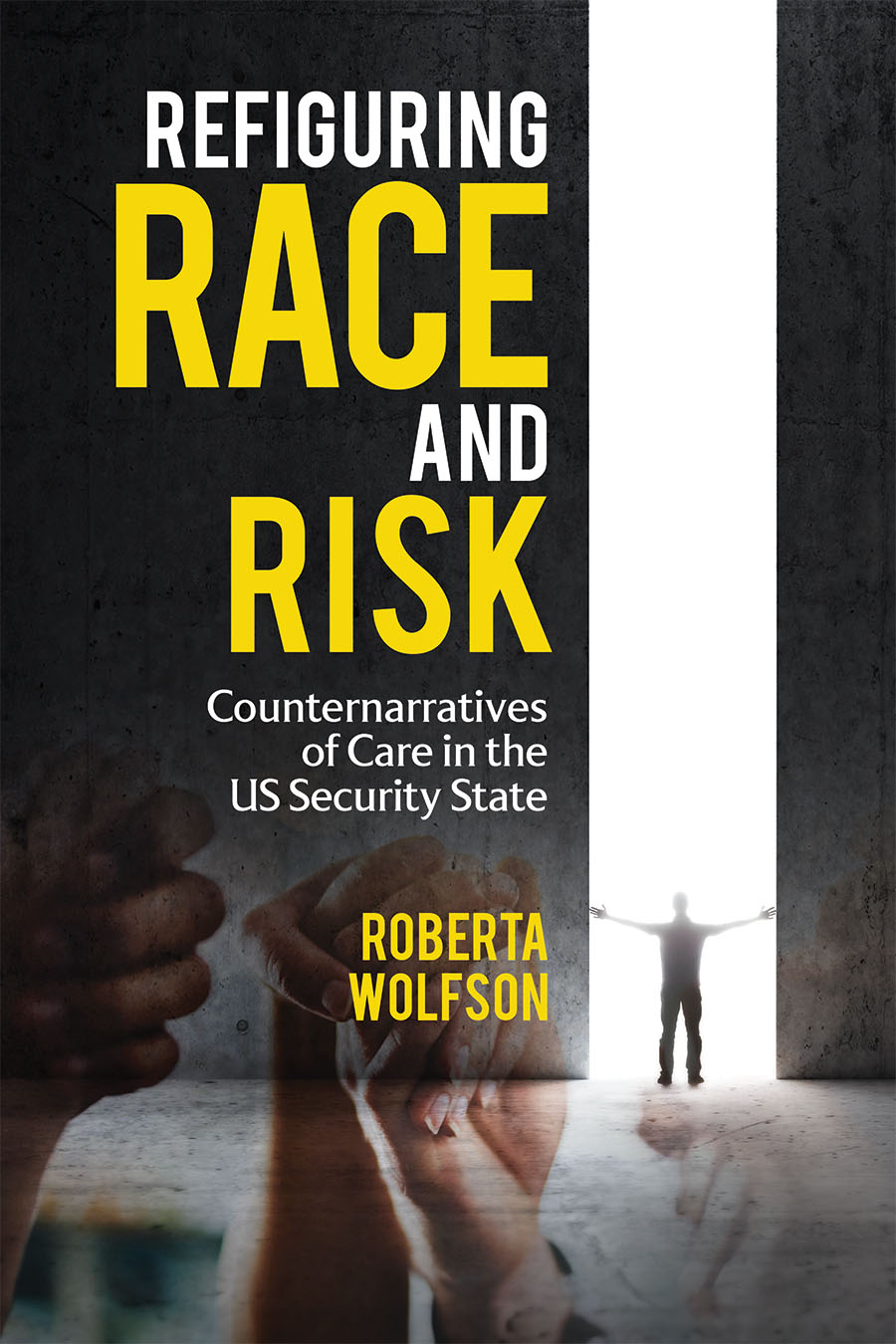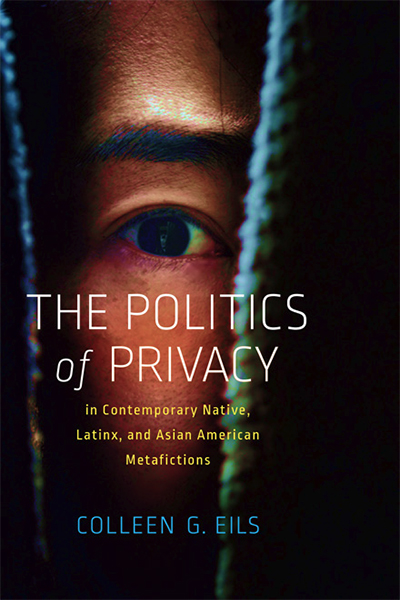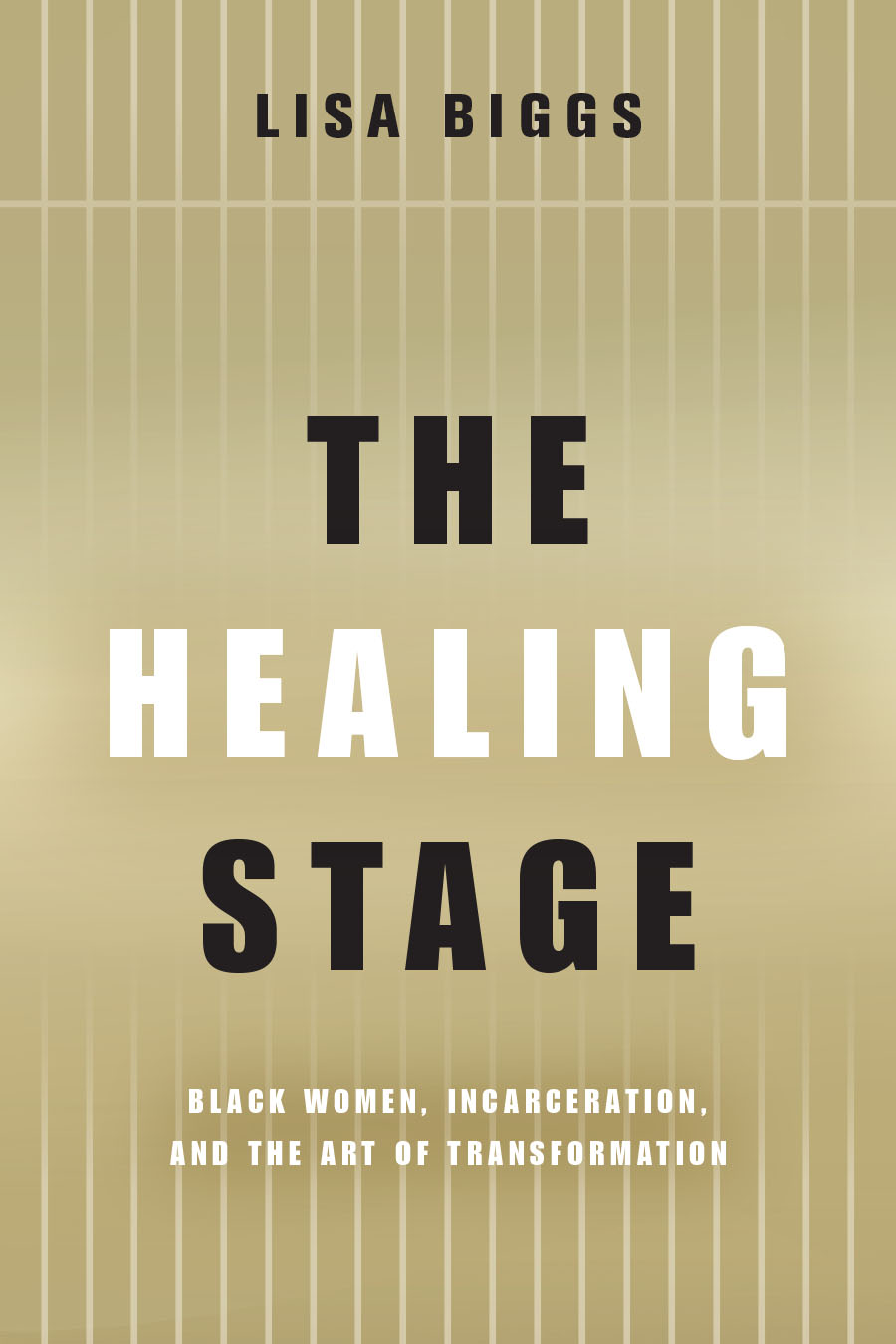Shortlisted for the MELUS Book Award
“Whereas many books merely critique the security state, Refiguring Race and Risk reframes risk management in terms of care and community, rather than trauma and racialization, looking to literature and culture as repositories not only of critiques of power but also of potential remedies.” —David Vázquez, author of Triangulations: Narrative Strategies for Navigating Latino Identity
“Making compelling connections among surveillance, identity, and aesthetics, Wolfson illuminates an exciting archive of works by writers of color, including immigrant writers, to bring together critical race studies, comparative literature, critical security studies, art and aesthetics, and political studies.” —Kumarini Silva, author of Brown Threat: Identification in the Security State
In Refiguring Race and Risk, Roberta Wolfson turns to novels, memoirs, and other cultural works to debunk the false sense of national security rooted in positioning people of color as embodiments of risk. Considering output by Miné Okubo, Sanyika Shakur, Abraham Verghese, Khaled Hosseini, Helena María Viramontes, and others, Wolfson demonstrates how these authors disrupt racist security regimes and model alternative strategies for managing risk by crafting stories of collective care and community building. Chapters discuss, among other examples, how gang members defy the mass incarceration of Black and Latinx Americans by committing to self-education and self-advocacy; how an Asian immigrant doctor offers a corrective to the pandemic-era trend of allowing xenophobia to inform public health decisions by providing human-centered medical services to HIV-positive patients; and how Latinx migrant farmworkers battle ongoing precarity amid the increasing militarization of the US-Mexico border by bartering life-sustaining resources. In revealing how these works cultivate love as a mode of political resistance, Wolfson relabels people of color not as a source of risk but as critical actors in the push to improve national security.

Roberta Wolfson is Lecturer in the Program in Writing and Rhetoric at Stanford University. Her articles have appeared in College Literature, American Literature, and MELUS.
Photo credit: Micaela Go
Contents
List of Illustrations
Acknowledgments
Introduction
Chapter 1 Gangsters at Risk: Refiguring the Threat of Urban Violence in Contemporary Gang Memoirs
Chapter 2 Community in Contagion: Modeling Holistic Care in the AIDS Medical Memoir
Chapter 3 Militarized Borders, Toxic Fields: Affirming the Value of Migrant Lives in Latinx Environmental Justice Literature
Chapter 4 Feeling One’s Way out of Terror: Affective Guidance in Post-9/11 Muslim Cultural Production
Conclusion Speculative Visions of Race and Risk: Imagining the Future of National Security
Works Cited
Index





